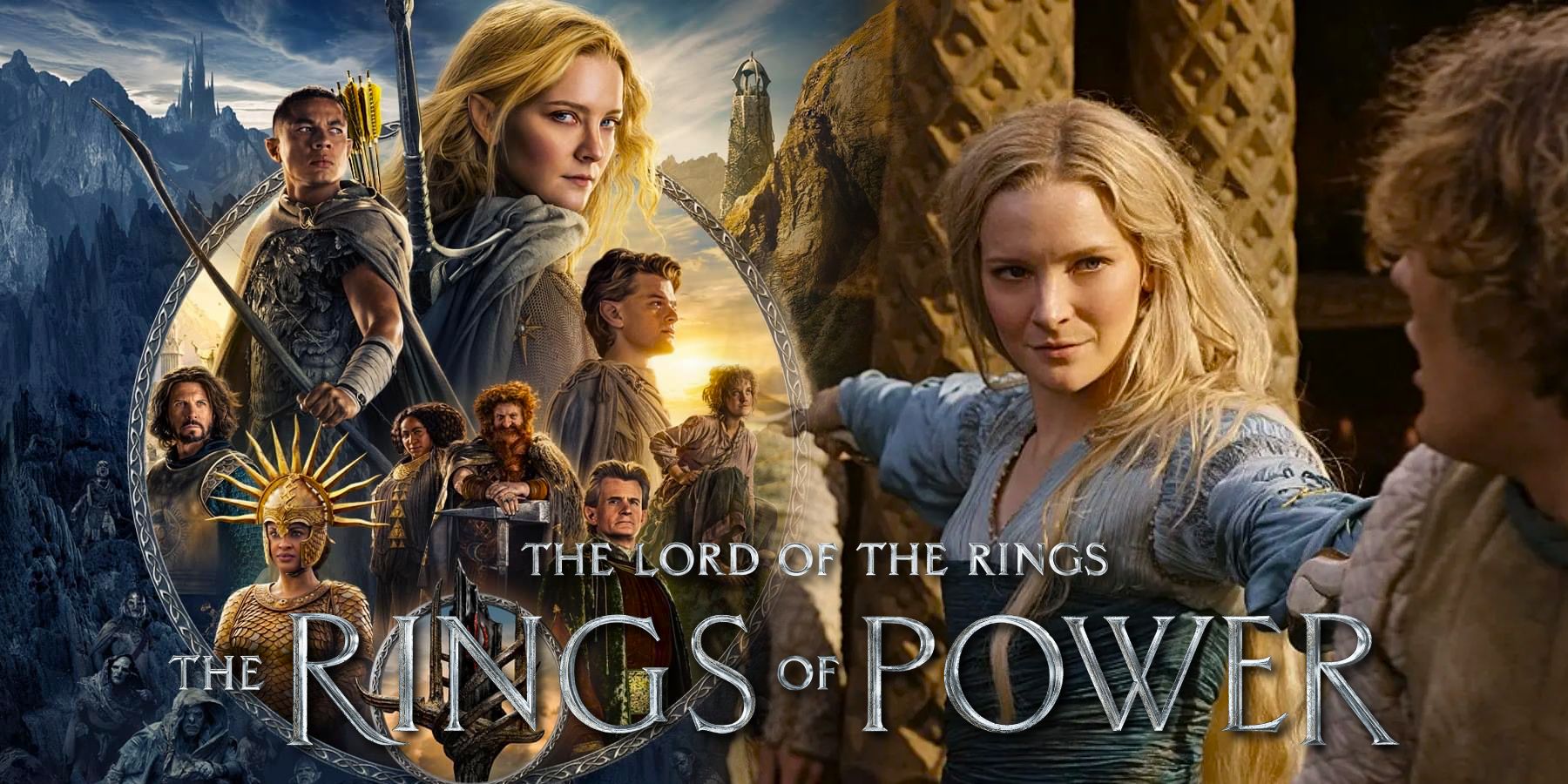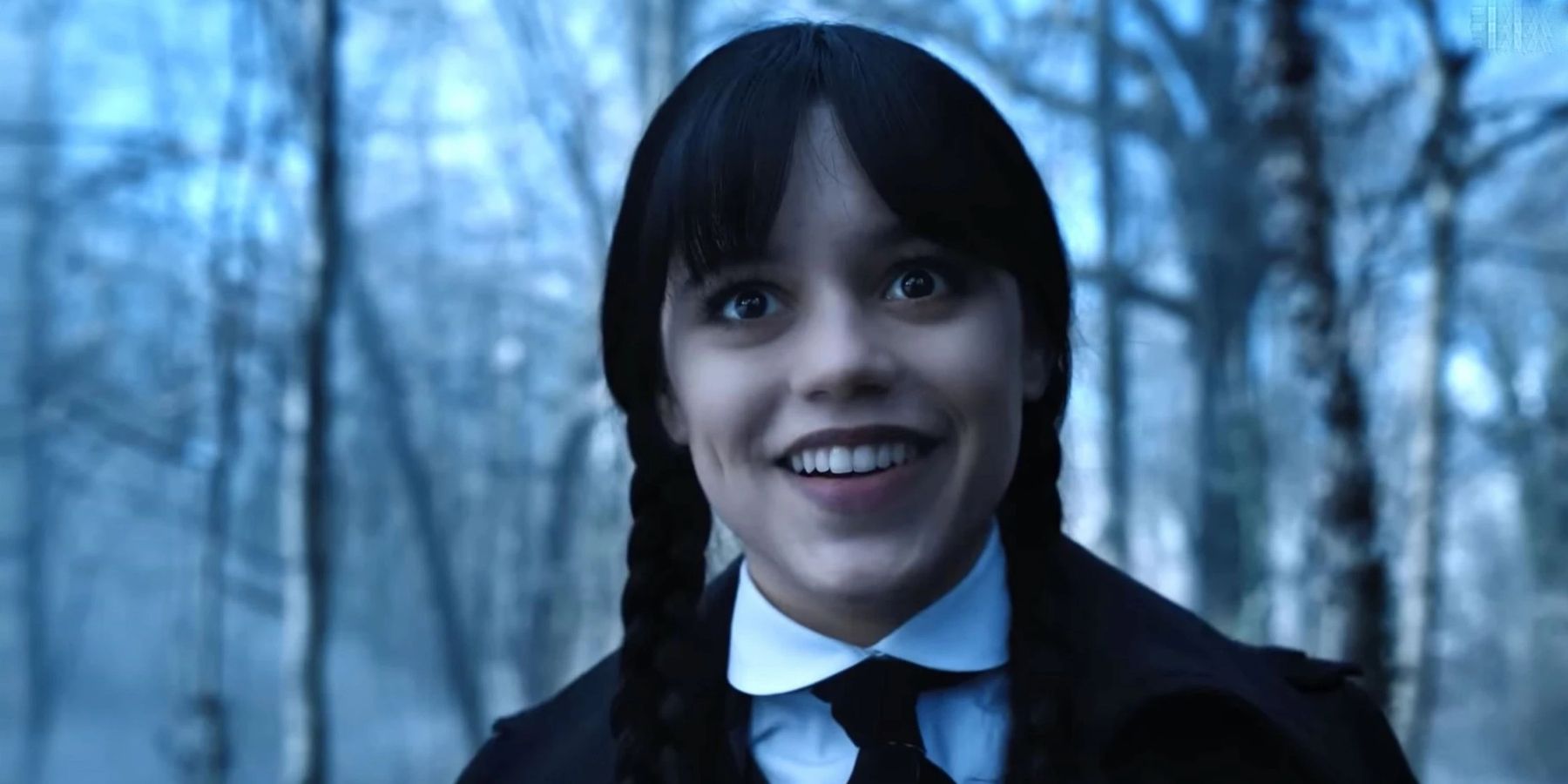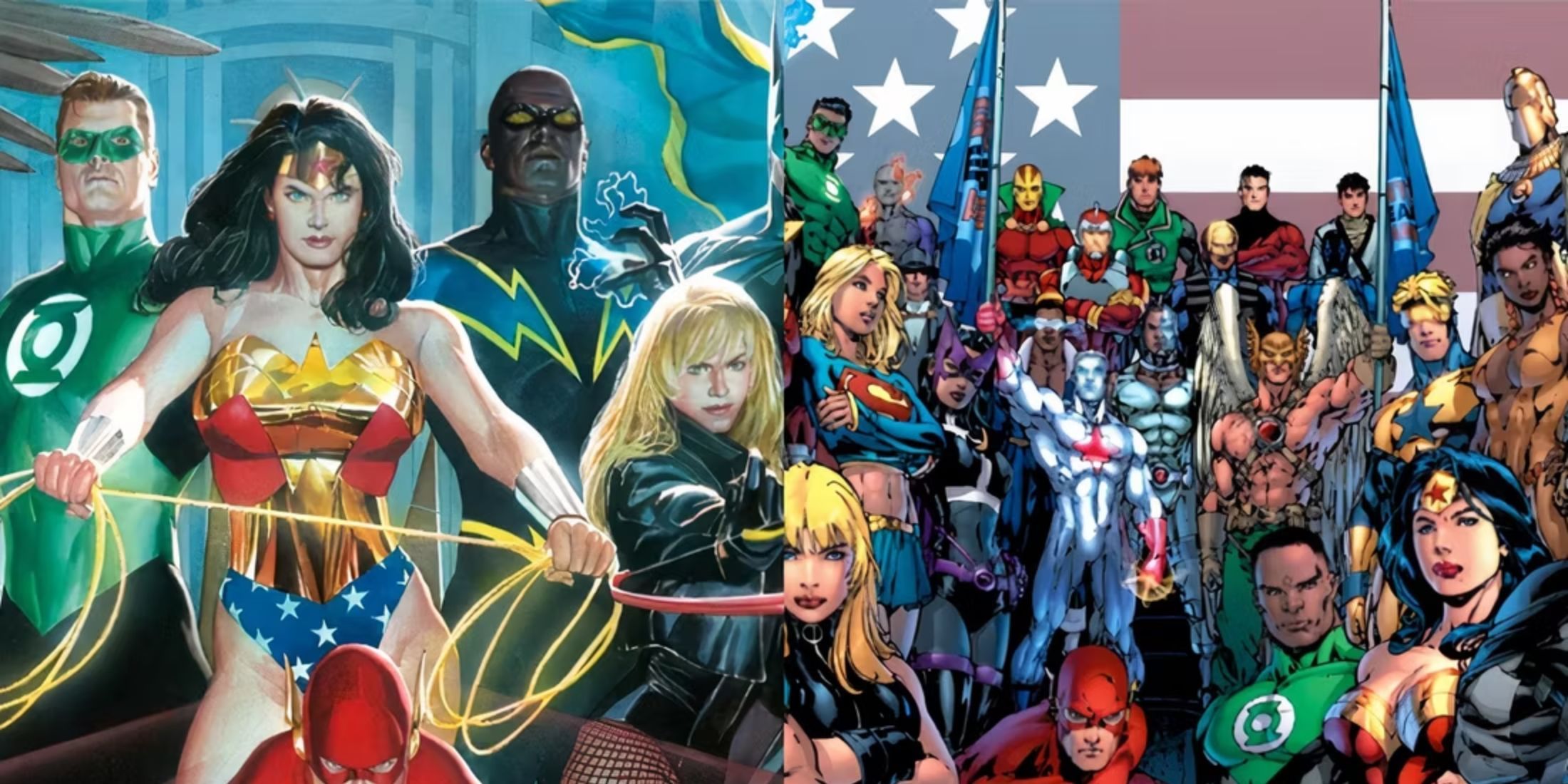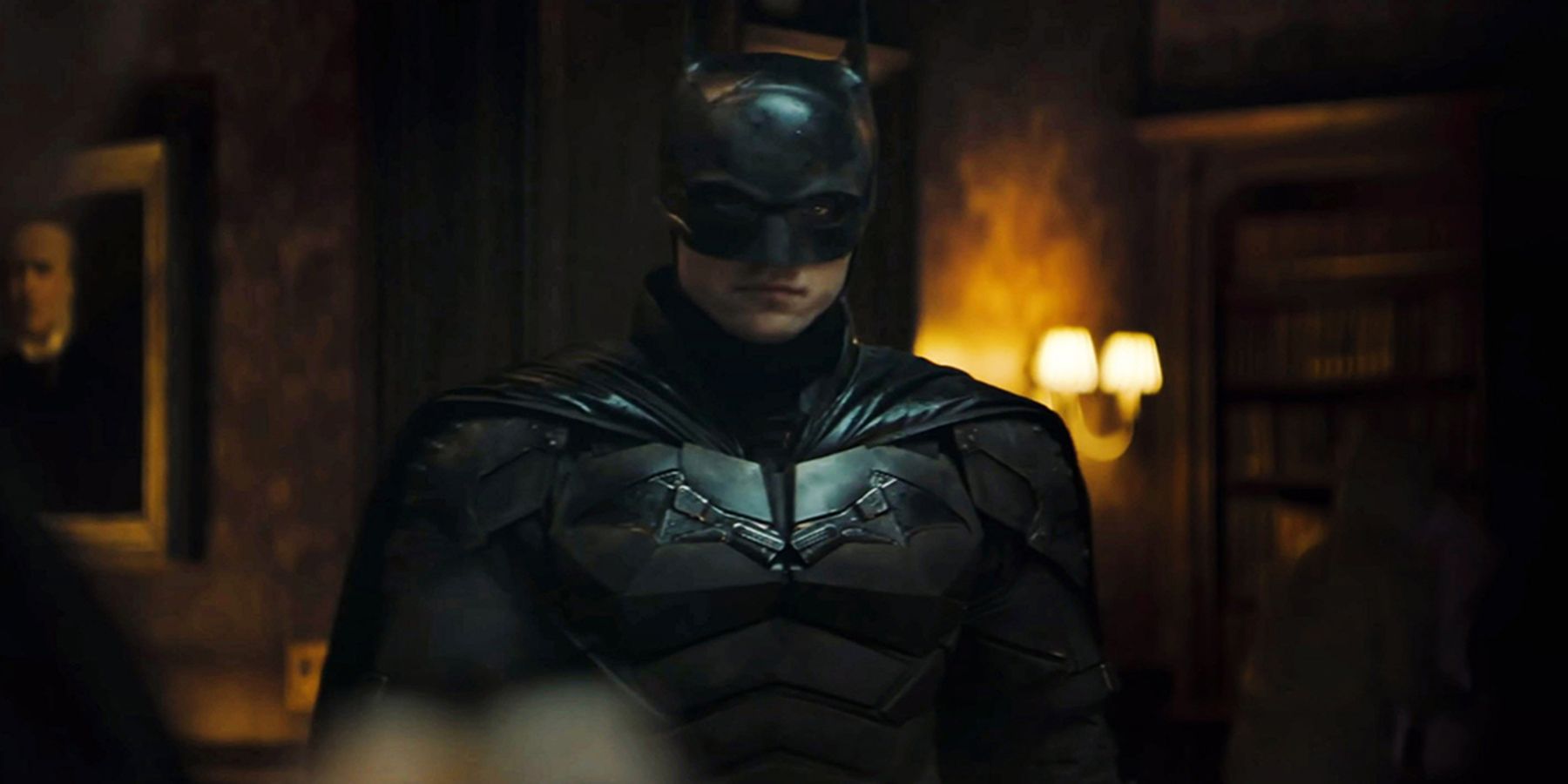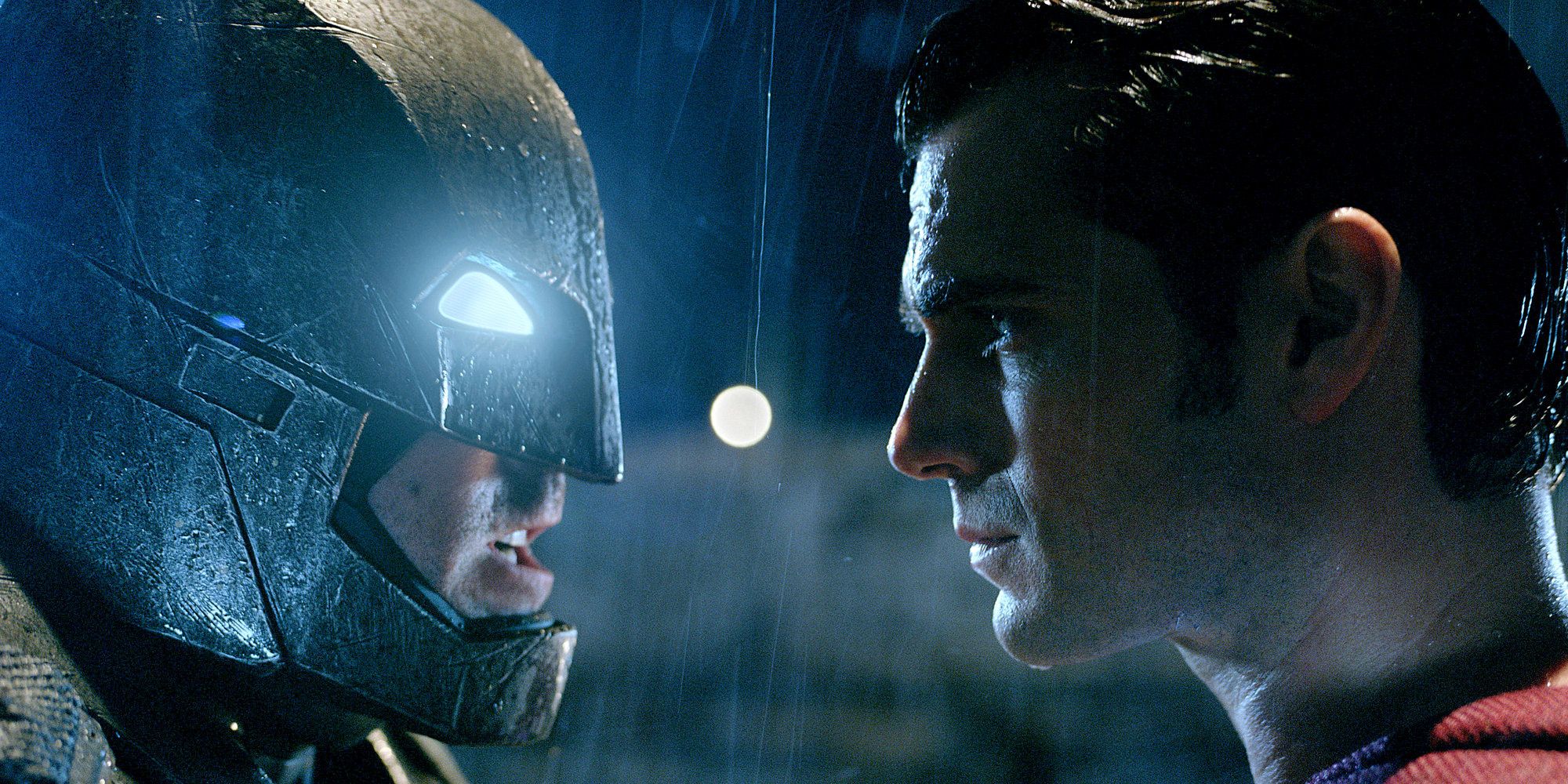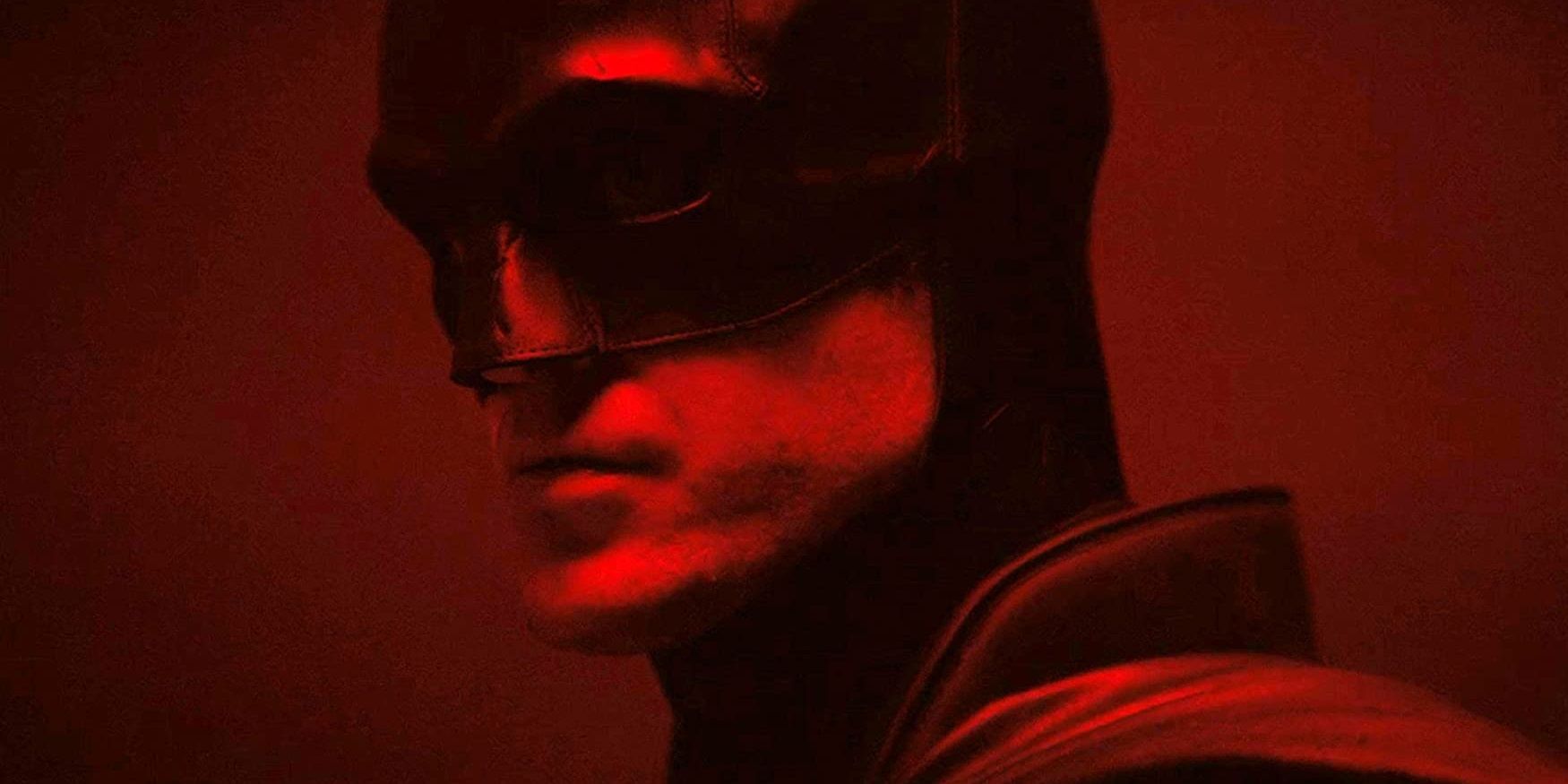The interconnected cinematic universe concept may have already outstayed its welcome, and more of them have crashed and burned than persisted and flourished. One of the largest cinematic universe projects is still going strong but seems to be more of a hurdle than an advantage for most of the films it affects.
The Marvel Cinematic Universe is unquestionably the most powerful and profitable entertainment empire of the modern era, and it has drawn a mountain of imitators. The biggest competitor still standing is unquestionably Marvel's old nemesis DC, but the DCEU is a bit of a mess when looked at as a whole.
The DC Extended Universe began in 2013, half a decade after Marvel launched their monumental effort. In its infancy, the DCEU was almost entirely the creative product of one filmmaker, director Zack Snyder. Snyder is an intensely controversial figure. His fans declare him the only person who understands the source material while his detractors see him as the problem with the film industry. He brought the DCEU its first two efforts, Man of Steel and Batman v. Superman: Dawn of Justice. Oppressively grim, packed with religious imagery, comically violent, no one can say his image for DC wasn't distinct. Snyder was also the force brought on to helm the first team-up vehicle but didn't get his version out until years later. The Snyder DCEU is a thing of the past, whatever viewers feel about it, the DCEU is a group project now, and there have been some marked improvements.
Patty Jenkins' Wonder Woman, James Wan's Aquaman, David F. Sandberg's Shazam!, Cathy Yan's Birds of Prey, and James Gunn's entire corner of the franchise have developed over the years. New creators have brought their unique vision to the DCEU, creating a patchwork of interconnected stories with interesting individual stories, just like Marvel has. While not all of these have worked out, some of them have managed to be more unique and special than their competitors. Some of the best parts of James Gunn's efforts, for example, benefit hugely from being attached to the larger DCEU so that he can make fun of them. The DCEU is full of good ideas and terrible ones, like any franchise, but there is one area of DC's output that could be a little more consistent and a little less tied down.
DC owns a truly staggering amount of IP, some of which it's making into film or TV projects that will exist separately from the larger canon. Sometimes the same character can be portrayed in radically different ways across multiple disconnected films. The films have realized a fascinating version of the old comic book three Jokers idea, for example. While there are certainly benefits to placing multiple stories within the same universe, letting movies exist on their own, unaffected by the continuity of others, can allow for tons of new ideas. Maybe splintering off as often as possible will allow DC movies to surprise audiences without the risk of ruining the playing field for past and future projects.
Matt Reeves' recently released film The Batman features a handful of the most marketable characters in DC Comics history. The film has no connection to any other DC movie released before it. It was originally conceived as a continuation of Ben Affleck's turn as Batman, which takes place in Snyder's Gotham, but after Affleck left the project, Reeves created something new. The Batman simply could not have been made under the restraints of the existing DCEU. Not just because it's transgressive and new. Not just because it has nothing to do with Ben Affleck's take on the character. But because any DCEU project has to be checked and rechecked against every other project, past, present, and future for the franchise. Making a film for an interconnected universe isn't just making a film, it's also making a puzzle piece that must follow certain guidelines to get through.
This is a solution to the problem franchise media has had for years, fear of risk. DC can't just hand their ever-extending universe to any creator and let them do what they want with it. All creativity must still allow for the canon of the past to stand and the marketable decisions of the future to work narratively. Letting creative filmmakers have their own universe, completely unrelated to the larger DCEU, allows new stories to germinate and save DC from stagnation. It wouldn't even be unusual for the brand. "Crisis" events and countless multiple universes have been created, separated, and merged to allow ideas to exist apart from each other. DC has merged universes countless times to bring over ideas people like.
Following the business model of the MCU, where every major project is either strictly attached to the central canon or eventually folded in, isn't the only way forward. DC should have more things like Peacemaker and more things like The Batman. Some projects need a larger universe, and some need to exist on their own.

